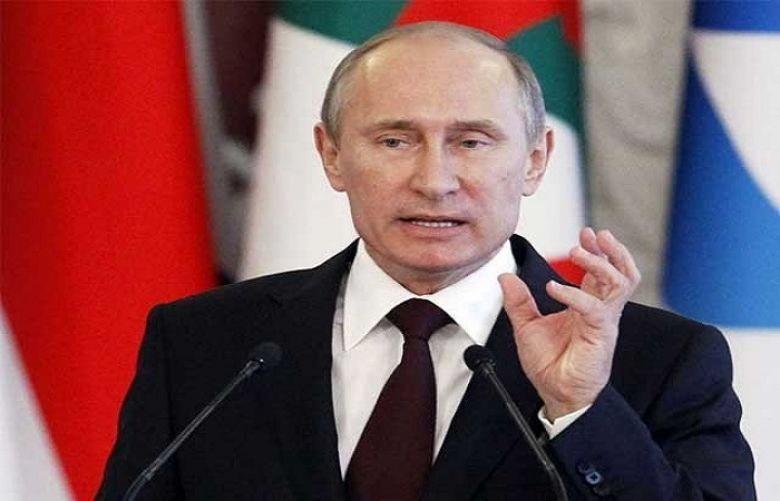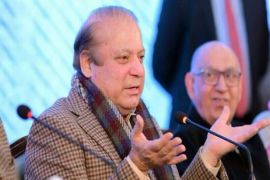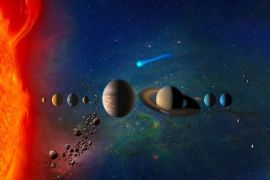Russian President Vladimir Putin has said that a global ban on nuclear weapons can be achieved in the future.
Putin said on Thursday at the Valdai forum for international policy experts in the Black Sea city of Sochi that total nuclear disarmament is a possibility that Russia would welcome.
He said Russia would “want it and will be striving to achieve that.” Putin noted that new precision weapons now under development could be just as devastating as nuclear weapons. He said Russia is also working on such weapons.
The comments contrast with earlier statements by Putin and other Russian leaders, who have underlined that a global ban on nuclear weapons is unrealistic.
He said the Catalan crisis was Spain’s internal affair but slammed what he called Western double standards over separatist movements.
“Russia’s position is known here. All that is happening is Spain’s internal business and must be resolved within Spanish law and on the basis of democratic traditions,” Putin said.
However, he argued the crisis exposed Western inconsistency and hypocrisy in backing some separatists while opposing others — such as support for Kosovan independence, but opposition to Catalan and Kurdish claims.
“What we see is that in our partners’ view there are worthy fighters for independence and there are separatists who cannot defend their rights. “Such double standards — this is a very striking example of double standards — are fraught with serious danger for the stable development of Europe and other continents,” Putin said.
The Russian leader said Western powers had long been aware of “the antagonism within Europe”, referring to Catalonia.
“They knew, didn’t they?” he said. “Yet in their day they practically welcomed the breakup of a whole number of European states, without concealing their glee.” He cited recognition of independence of majority-Albanian Kosovo from Russia’s traditional ally Serbia.
“Why did they have to, so thoughtlessly, unquestioningly support Kosovo’s breaking away?” Putin asked.
He accused European countries of “the wish, frankly, to please Big Brother from Washington” over Kosovo, saying this then provoked “similar processes in Europe and the world”.
He questioned why Europe went on to oppose Russia’s 2014 annexation of Crimea from Ukraine and independence movements in Spain and Iraq’s Kurdistan.
“So now we see Catalonia. In another region there is Kurdistan. And that may still be far from an exhaustive list,” Putin said.
A non-binding independence referendum in Iraq’s Kurdistan region in September saw a resounding “yes” vote.
The European Union has urged both sides “to seek dialogue in order to preserve Iraq’s unity and long-term stability”.
Moscow says it supports the territorial integrity of Iraq but views Kurdish national aspirations with respect.







